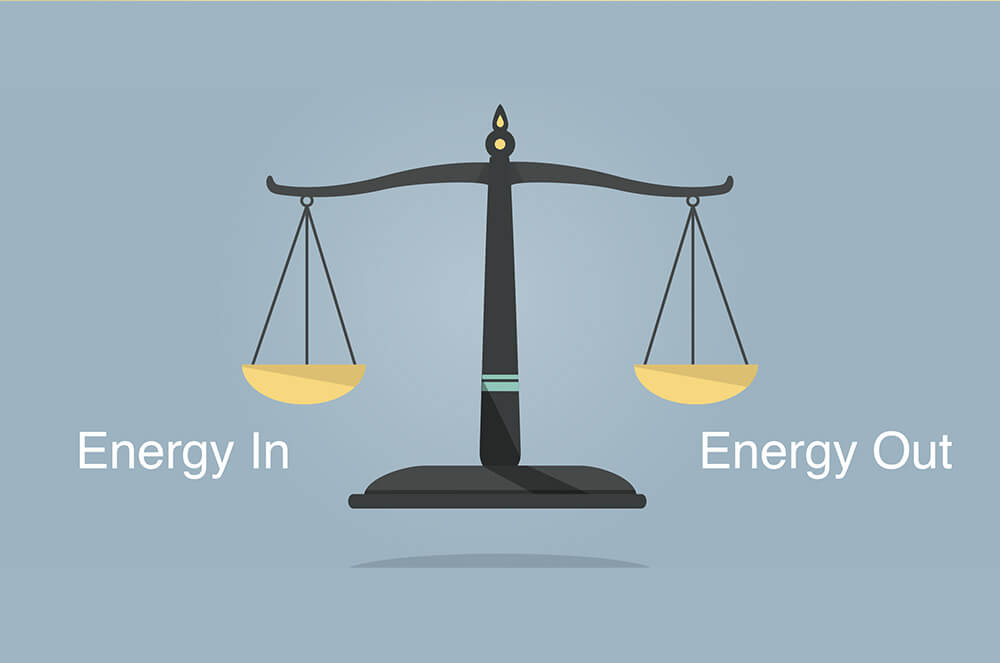What is the energy balance?
Is losing weight a mystery to you? Your body will always throw you some unexpected twists and turns, but overall, the concept of energy balance can explain whether you gain or lose weight, or whether your weight stays the same.
Your energy balance determines whether and how your weight changes. You can think of it as a balancing act between two factors: energy you take in, versus energy you put out, or expend (known as homeostasis).
- When your energy is in balance, energy intake is the same as energy output. Your weight is constant. You do not gain or lose weight.
- When your energy balance is negative, energy intake is less than energy output. You are losing weight.
- When your energy balance is positive, energy intake is more than energy output. You are gaining weight.
This may make more intuitive sense when you realize that "energy" is measured by "calories." You take in calories (or energy) when you eat foods and beverages with calories. You expend calories just by being alive: think of the energy you use for breathing and for keeping your heart pumping. You can also use energy or burn calories when you move in daily life or while exercising.
If you want to lose weight and shift the energy balance to be more negative, you can:
- Eat fewer calories
- Move more, or
- Do both.
Keep using Lark to learn more about energy balance and how you can lose more weight by shifting your balance to be more negative with small changes that fit into your lifestyle.











.webp)






